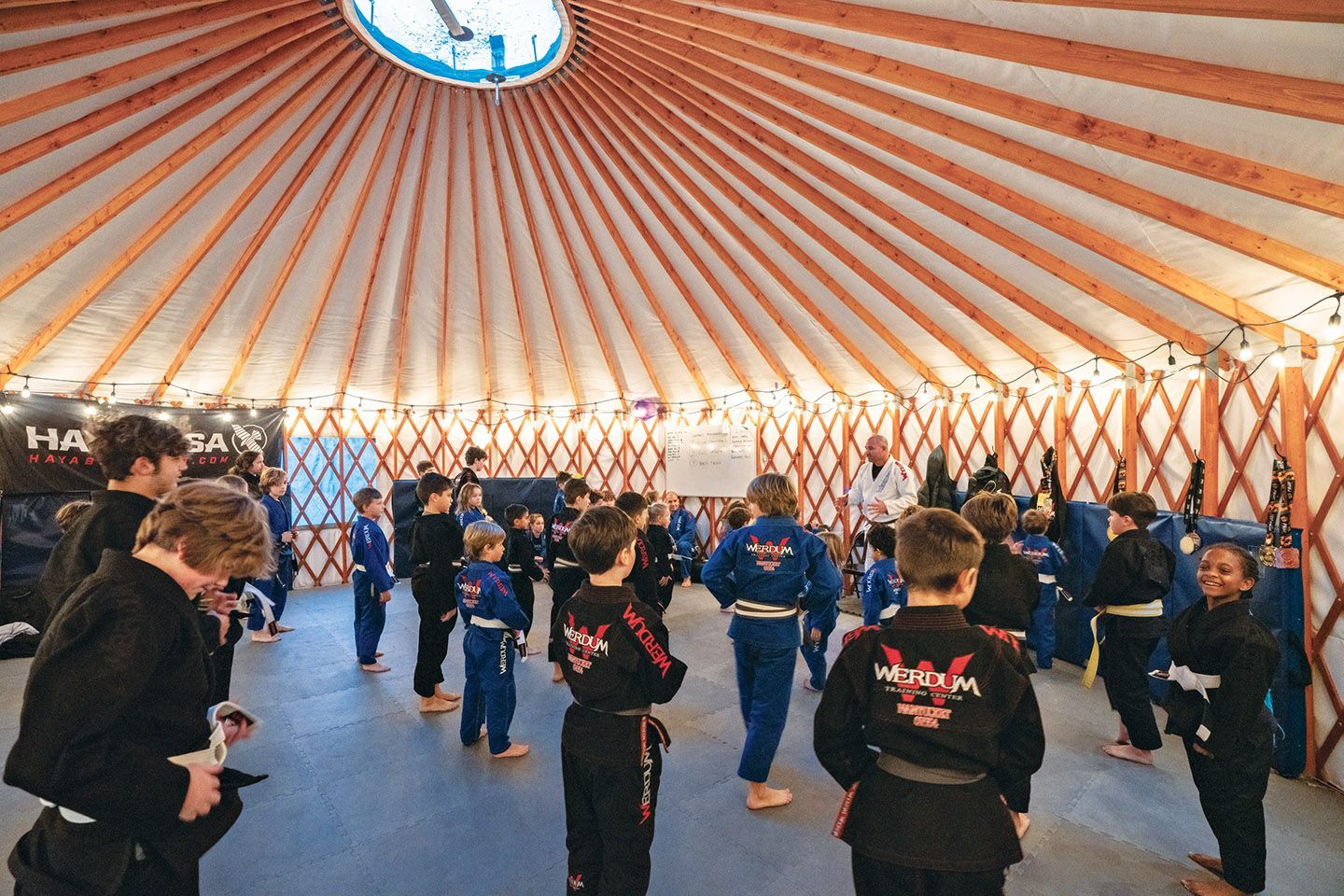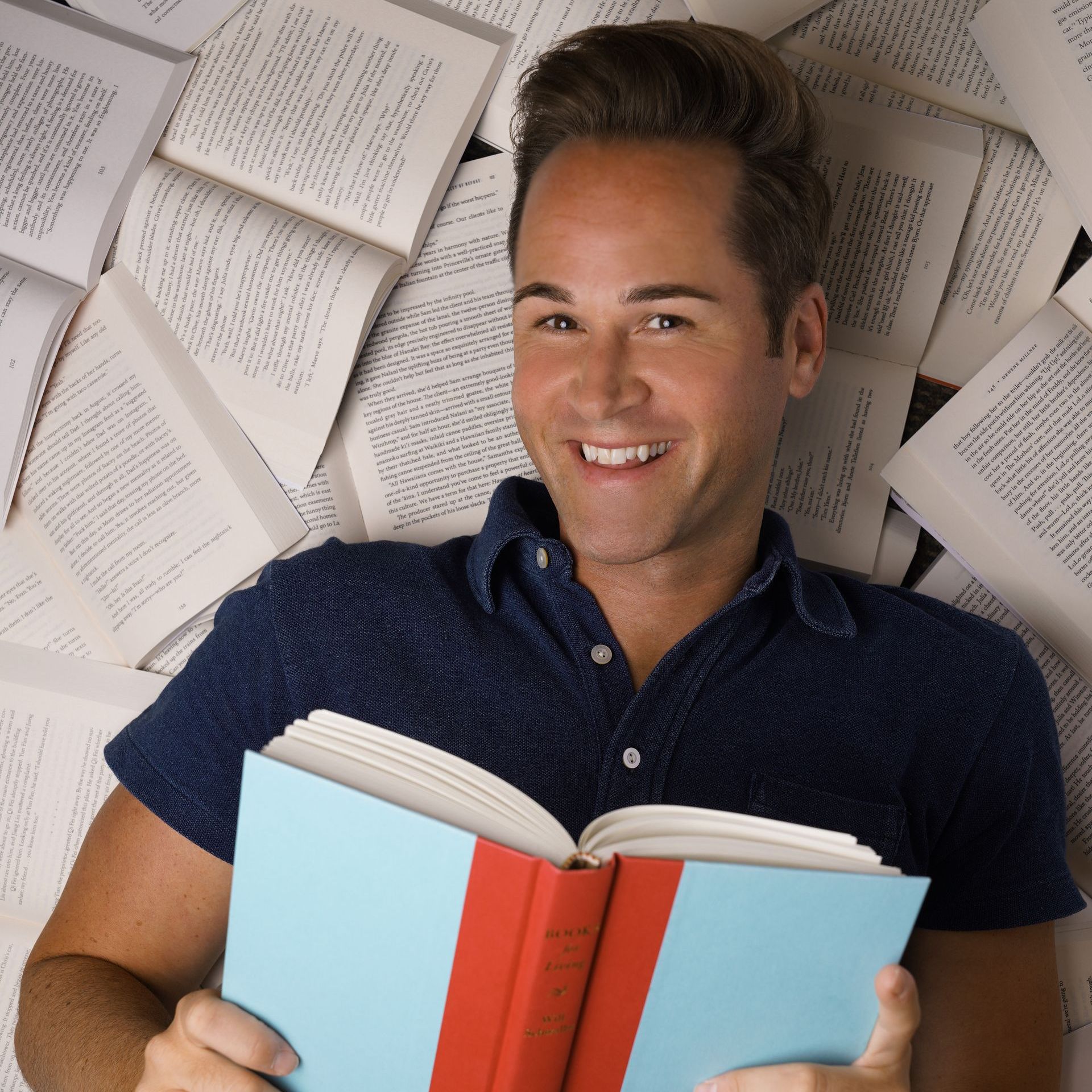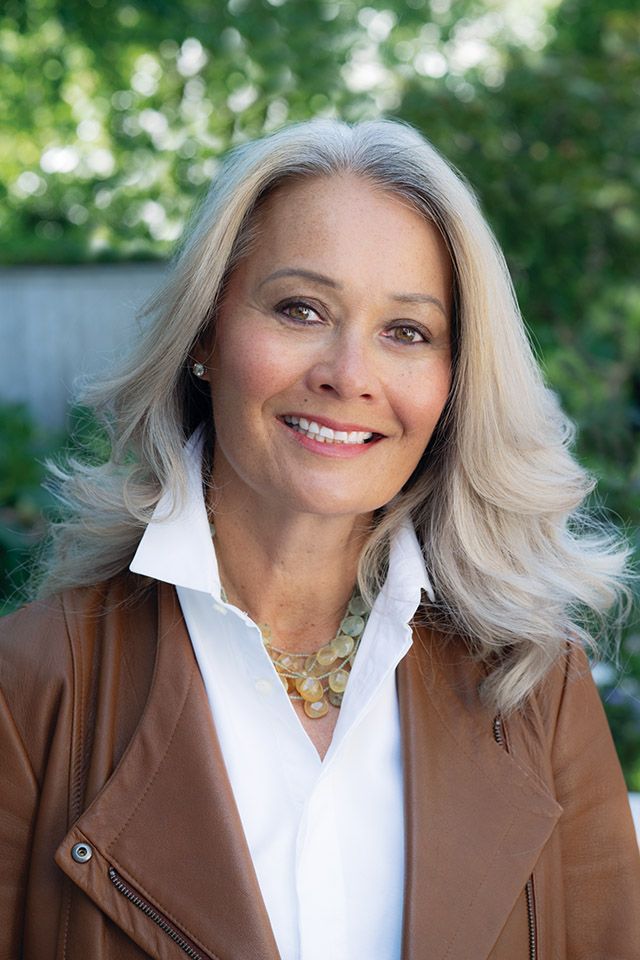SOUNDING OFF
NPR’s Mary Louise Kelly discusses her New York Times bestselling memoir.
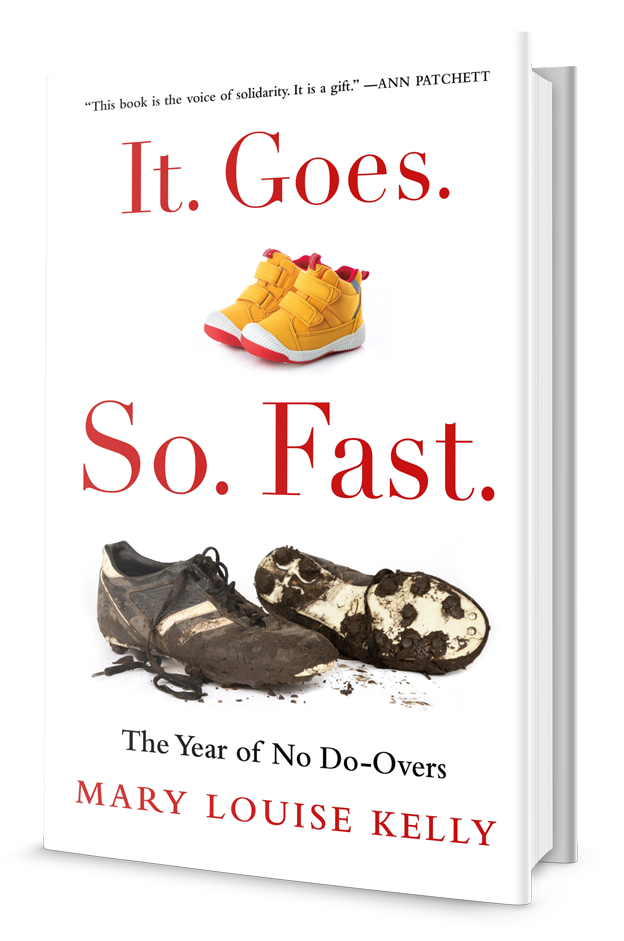
While covering the Trump administration, NPR’s Mary Louise Kelly was used to breaking headlines—not making them. However, that changed when she sat down to interview then-Secretary of State Mike Pompeo. Despite the fact that Kelly had informed Pompeo’s handlers of the topics she would be covering during the interview, Pompeo became irate when she began asking him questions about Ukraine. Abruptly ending the interview, Pompeo reportedly berated Kelly, saying that she wouldn’t even be able to find Ukraine on a map.
A Harvard grad, Kelly didn’t shy away from the challenge and said she could. Pompeo had an aide bring in a map without any names, from which Kelly pointed out Ukraine. The story became a flash point in the Trump administration’s adversarial relationship with the press—and another chapter in Kelly’s long and distinguished journalistic career, which she recently wrote about in her New York Times bestselling memoir titled It. Goes. So. Fast. As a preview to her upcoming speaking appearance at the Dreamland on September 3, Kelly spoke to N Magazine about her career, her thoughts on the election and the challenges of being a parent and a professional reporter.
Your memoir takes us behind the scenes of your reporting career. Is there a story that best illustrates the challenges of balancing being a journalist and a mother of two?
One day on assignment overseas as NPR’s Pentagon correspondent, we had flown up from a military base in the desert of southern Iraq and just landed in Baghdad. I was there to cover a visit by the U.S. defense secretary, and it was too dangerous to travel by road, so a convoy of half a dozen Black Hawks was organized. We’re all wearing body armor and bulletproof helmets, because there’s incoming mortar fire, even inside the Green Zone. I’m waiting to be pointed to the right Black Hawk, when my cell phone rings. It’s the school nurse back in Washington. She informs me that my son is sick, and how quickly could I get there? And then she started to yell: “I don’t mean to bring him home! He’s really sick, having trouble breathing. We need to get him to a doctor!” As I was trying to think how to answer her, I lost the signal and my phone went dead. I couldn’t get her back on the line for several hours. And I will never forget being strapped into that helicopter, staring down over the traffic of Baghdad, and thinking, “My son needs me, and I am halfway around the world. Time for career plan B.”
Flying in helicopters and covering war zones, you’ve suffered significant hearing loss. How have you managed being nearly deaf while working as a radio reporter?
It’s a challenge! I anchor a national news broadcast every evening wearing hearing aids, both ears. I got them in my early 40s and I’m in my early 50s now. I have severe to profound hearing loss at high frequencies, and while hearing aids help, I still struggle. But technology offers some amazing workarounds. And the irony is that a professional broadcast studio is about the friendliest environment you can imagine for those of us who are hearing impaired—soundproofed, pin-drop silent and equipped with top-of-the-line headphones.
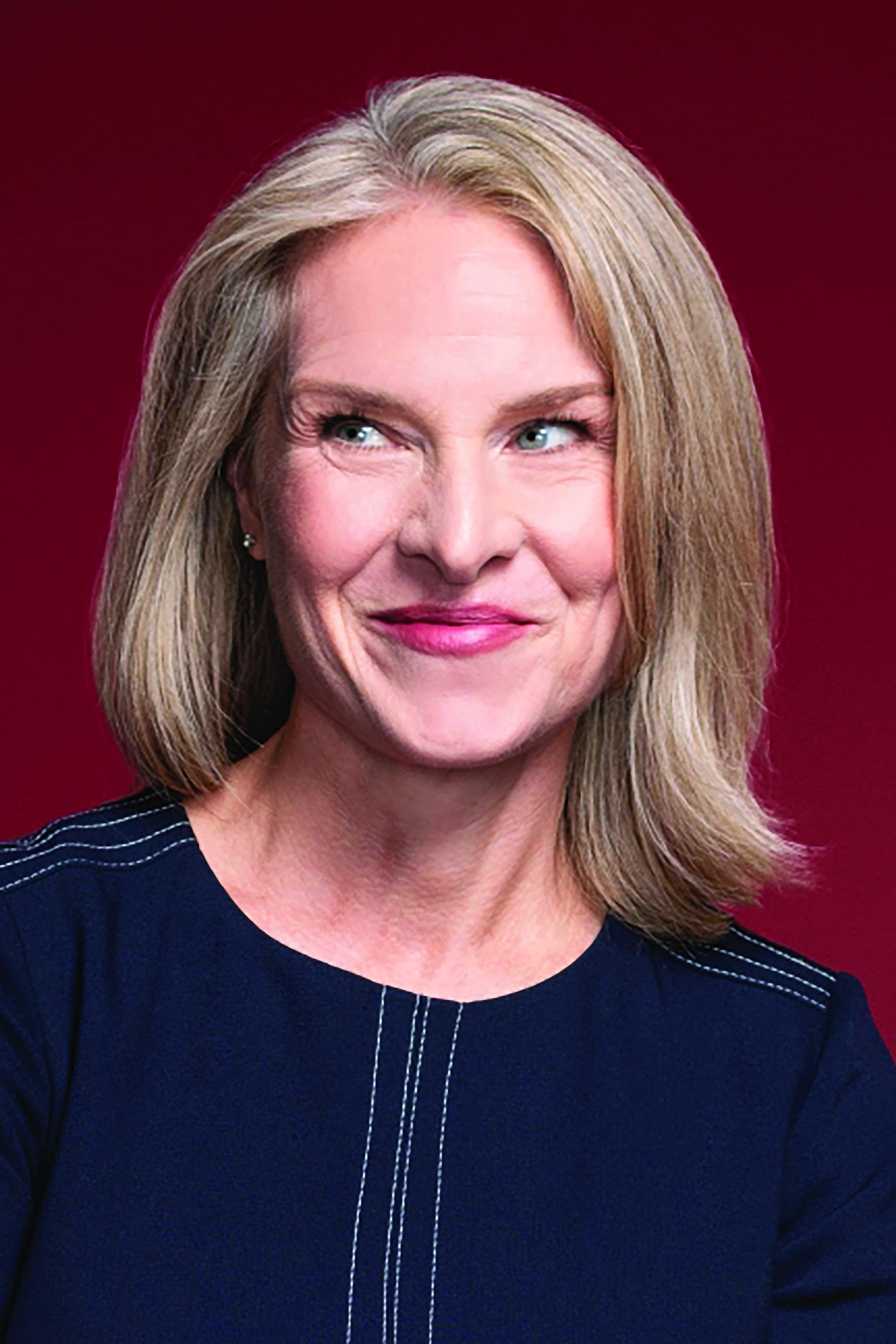
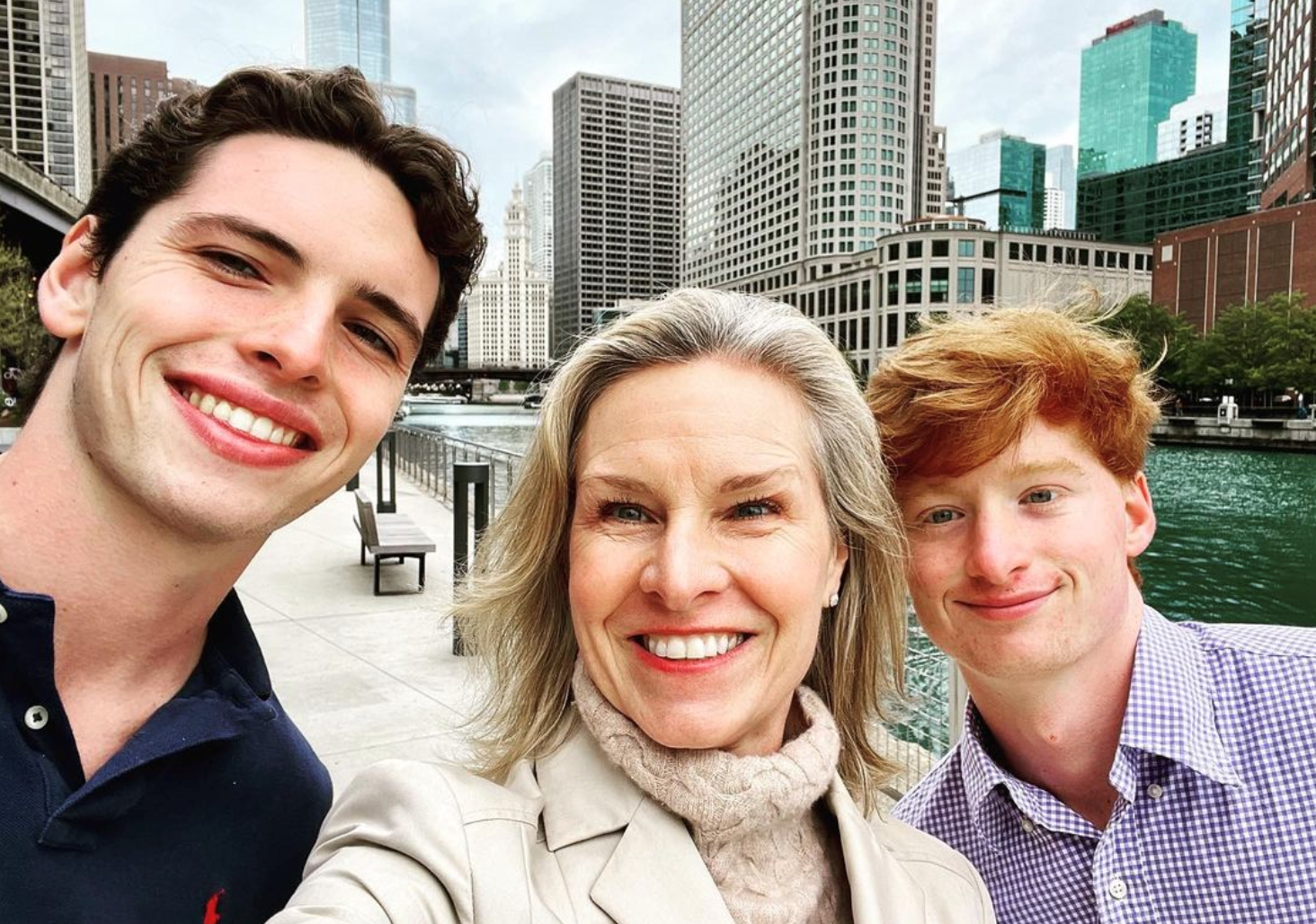
Your 2020 interview with Secretary of State Mike Pompeo, which you write about in your memoir, became a flash point in the Trump administration’s adversarial relationship with the press. Looking to the upcoming election, what lessons did you learn from covering the Trump presidency that will inform how you cover this election?
My sons are used to me reporting the headlines, not making them. It was something to watch them take in a news clip of the president of the United States, at the White House, publicly praising his secretary of state for doing “a good job” on me. Among the lessons I learned is the importance of standing up to a bully (the title of that chapter is no accident: “We Will Not Be Intimidated”). Another is about not giving up—in the context of a newsmaker interview, this means you don’t let them dodge your questions.
What storyline are you keeping your eye on with the upcoming election?
As a longtime foreign policy and national security reporter, I’m deeply interested in how the rest of the world is tracking this. Talk to NATO officials and foreign ambassadors, for example, and they’re already starting to think about hedging their bets in case a U.S. president is elected who is less committed to supporting Ukraine than Biden. And having grown up in Georgia, I’m endlessly fascinated by how the election will play out there. Georgia was the center of the political universe for a time in 2020, and voters there decided the balance of power in the Senate. We’ll see what happens this time.
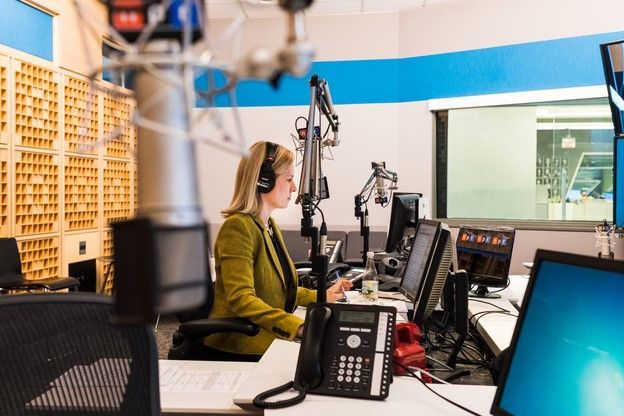
Is there an example of bipartisanship in American politics or American life as a whole that you look to as a source of optimism when it comes to mending the divide in the country?
Counterintuitively, I would point to January 6. I was anchoring NPR’s live coverage that afternoon and well into the evening as the insurrection unfolded. I was trying, along with everybody else, to figure out in real time what the hell was happening. Whatever your politics, it was an awful day in our democracy. But for the record, Congress returned that night and finished its work, certifying the election of Joe Biden as president. The Justice Department is prosecuting crimes committed that day; cases are currently moving through our courts. And as for the Fourth Estate … much of what we know about what happened that day is because journalists were there, inside and outside the U.S. Capitol. Reporters interviewed people, documenting what they saw and heard. And our First Amendment protected their right to do so.
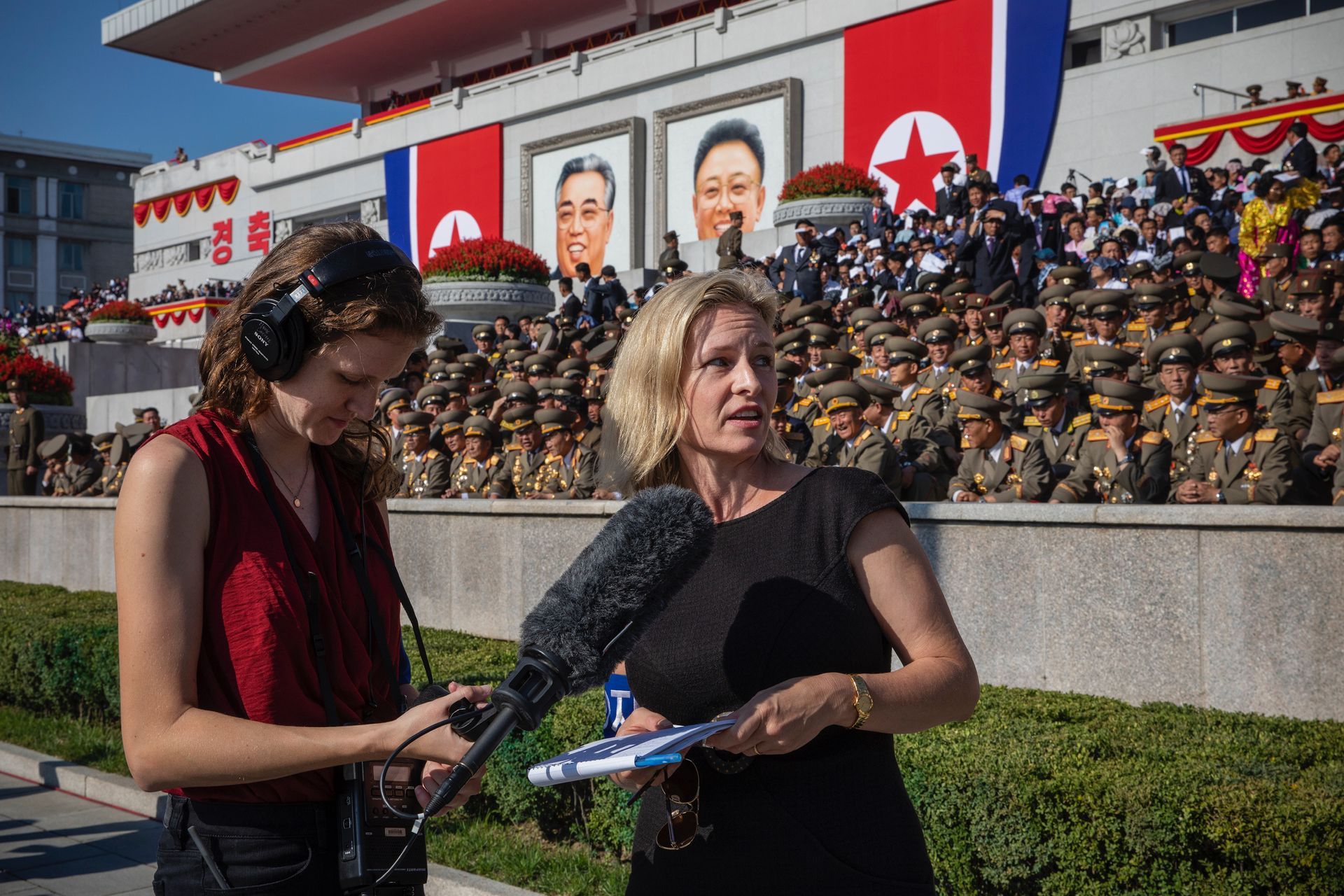
What role can the news media play in mending the divide in the country?
I’m not sure it’s the news media’s responsibility to mend our partisan divisions. But it is our role to actively participate in and defend our democracy, and that will involve covering people and views that strike our audience as distasteful or flat-out wrong. Ignoring voices we don’t agree with doesn’t make them go away. We will continue to interview a whole range of people on NPR, for example. That doesn’t mean platforming liars or giving equal time to lies as to truth. It does mean a sustained effort to fact-check and provide context. And it means being more transparent than in the past about the decisions we make over how to cover the news. You may not agree with our decision to, say, interview certain candidates live (or not). But I want it to be clear that we’re thinking very carefully about our approach to coverage, and to draw back the curtain on why we’re doing what we do.
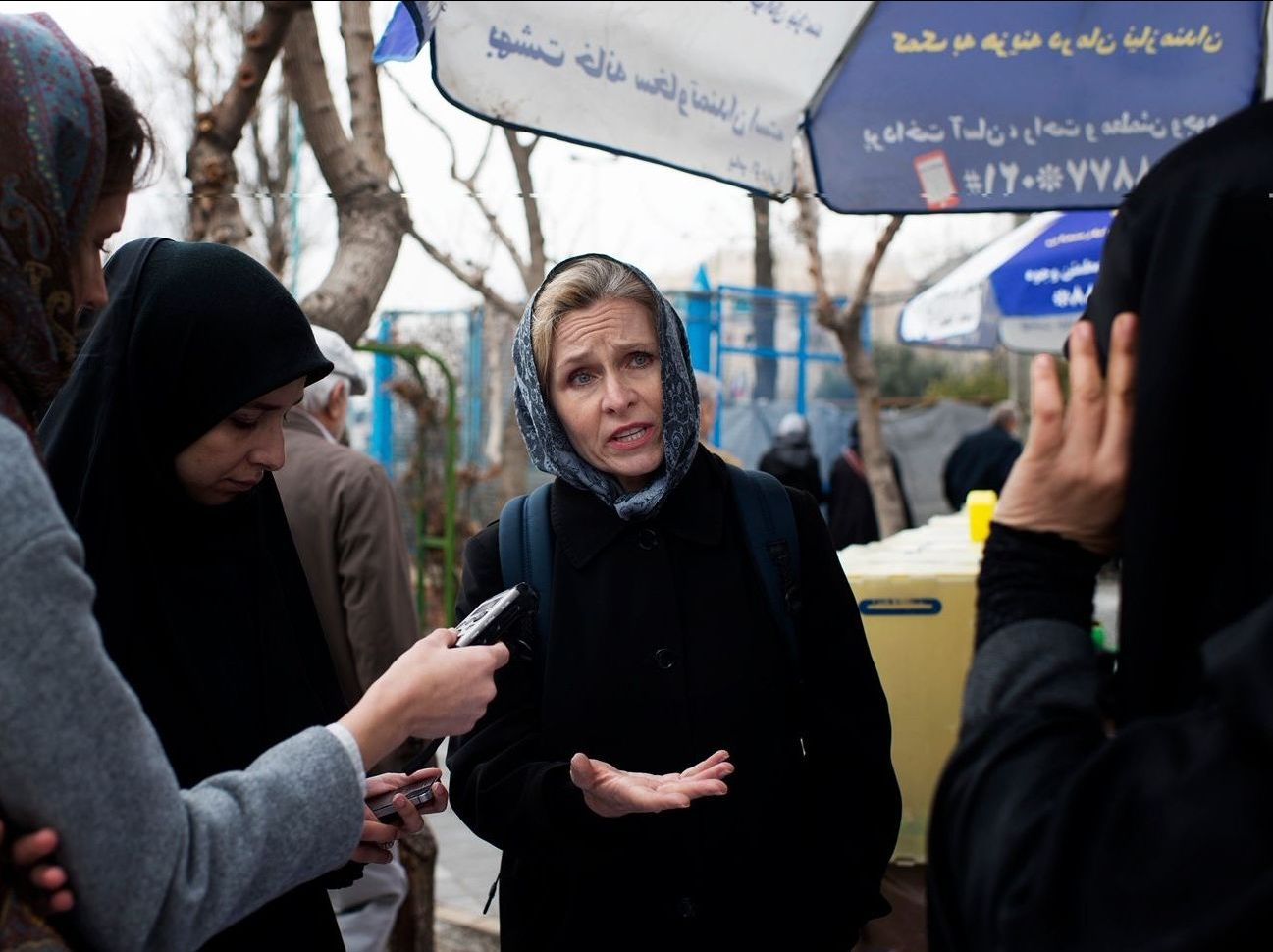
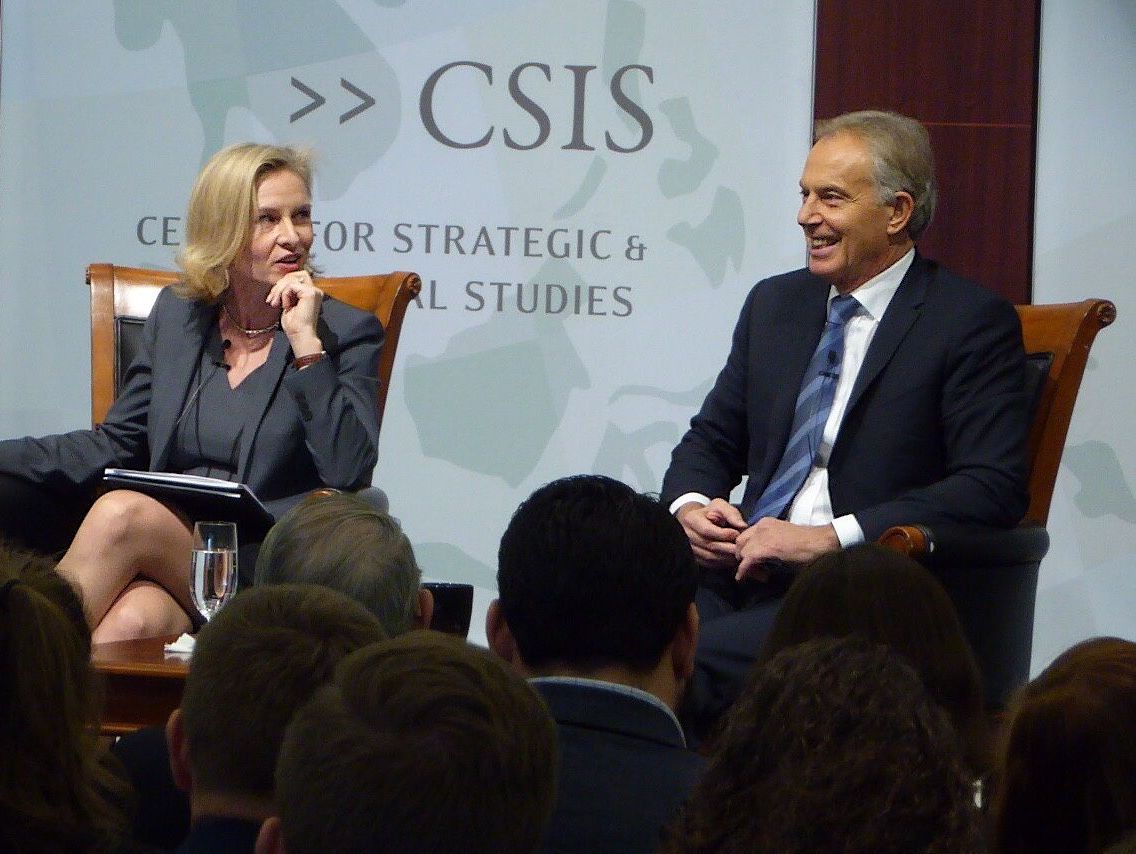
Is there a story in today’s news cycle that you think audiences should be paying more attention to?
This isn’t a specific story, but I will say I’m focused on interviews that allow us to glimpse each other’s humanity. Whatever the topic, I’m more interested in interviewing stakeholders in a story than experts and analysts. Some days, that may mean speaking with the president of a country. Other days, it means interviewing and taking time to listen to ordinary people living through an extraordinary event.
In writing about your unique work-life balance, what universal truth can all parents take away from your memoir?
That there is no universal truth. That not a single one of us has figured all this out. That most of us are hanging on by our toenails and doing our best, and that even those with great help in the form of nannies, supportive grandparents or supportive partners run up against the distinct problem that there are only 24 hours in a day.
Mary Louis Kelly will be in conversation at the Dreamland on Sunday, September 3rd at 4 PM. Visit NantucketDreamland.org for more information.


